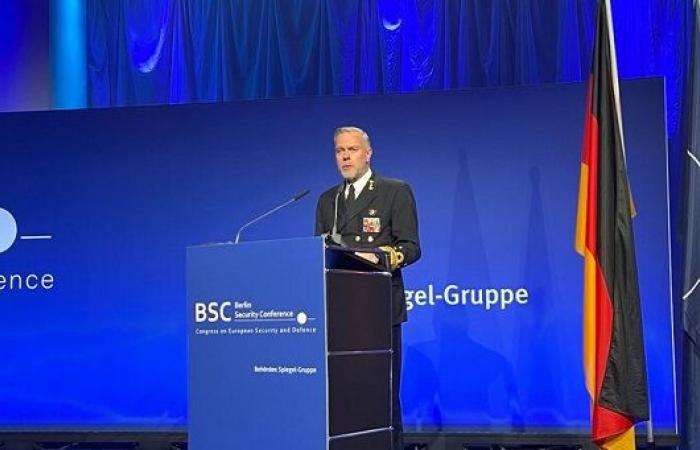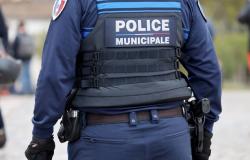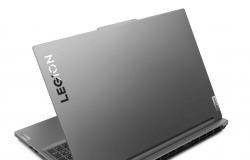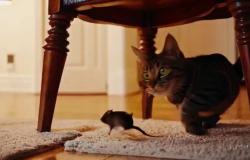For the chairman of NATO's military committee, Dutch Admiral Rob Bauer, whatever the outcome of the war in Ukraine, the allies will have a “Russian problem”. Hence his repeated calls to anticipate it, as he has just done twice, during the Berlin Conference on Security, on November 20, and before the European Policy Center, five days later, in Brussels .
First, Admiral Bauer pointed out the obvious: being a defensive alliance, NATO will not attack Russia. Also, he added, “we will take the first blow.” Because Russia will start the conflict. Not us.”
Also, preparing for this requires an increase in military spending, with the 2% of GDP now being considered as a “floor” and no longer as a “ceiling”. It is not only a question of developing new capabilities but also of being able to implement the new defensive plans developed by NATO.
However, before arriving at a confrontation, Admiral Bauer underlined the importance of deterrence, which, according to him, is not only military… but also economic. “For two and a half years, I've been trying to convince business leaders to think about these two questions: Is my company ready for war? And what can she do to prevent war? “, he said, before admitting that the second may seem surprising.
But she's not that much in her mind. “If we can ensure that all essential services and goods can be provided no matter what, then that will be a key part of our deterrence.” Moreover, he noted, Europeans “observed this with their energy supply” when Russia invaded Ukraine.
“We thought we had an agreement with Gazprom… but in fact we had an agreement with [le président russe] Putin,” Admiral Bauer recalled. And this also applies to China, now described by NATO as one of the “systemic competitors” seeking “to undermine the rules-based international order”.
“The same goes for Chinese infrastructure and goods: we actually have a deal with [le président] Xi,” Admiral Bauer continued. “60% of rare earths are produced in China and 90% of these materials are transformed in China. 90% of the chemical components used for sedatives, antibiotics, anti-inflammatories and hypotension medications come from China,” he continued. And to insist: “We are naive if we think that the Communist Party [chinois] will never use this power.
However, business leaders are not the only ones affected. The ball is also in the court of political leaders. Thus, the “green pact” supported by the European Commission is likely to give pride of place to China's interests given that, according to the latest report from the International Energy Agency [AIE]it dominates, head and shoulders, the markets for electric cars, wind turbines, photovoltaic panels, batteries and heat pumps…
In addition, it is also up to political powers to ensure that critical infrastructure does not fall into the hands of Chinese interests… As happened at the port of Hamburg, the capital of the operating company having recently been opened to the COSCO group, despite NATO warnings.
Regardless, for Admiral Bauer, business leaders, both in Europe and North America, must “understand that the commercial decisions they make have strategic consequences on the security of their nation “.






